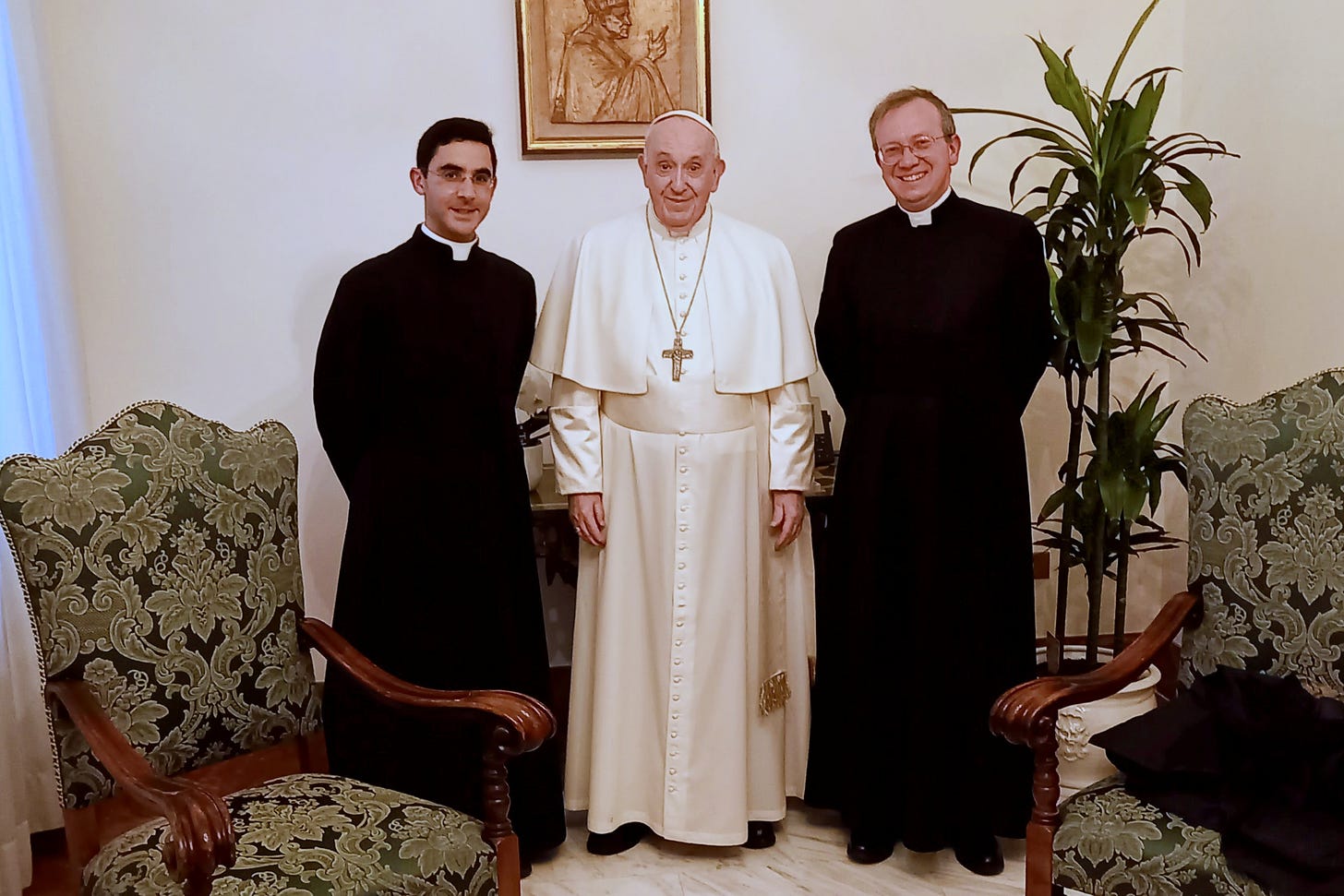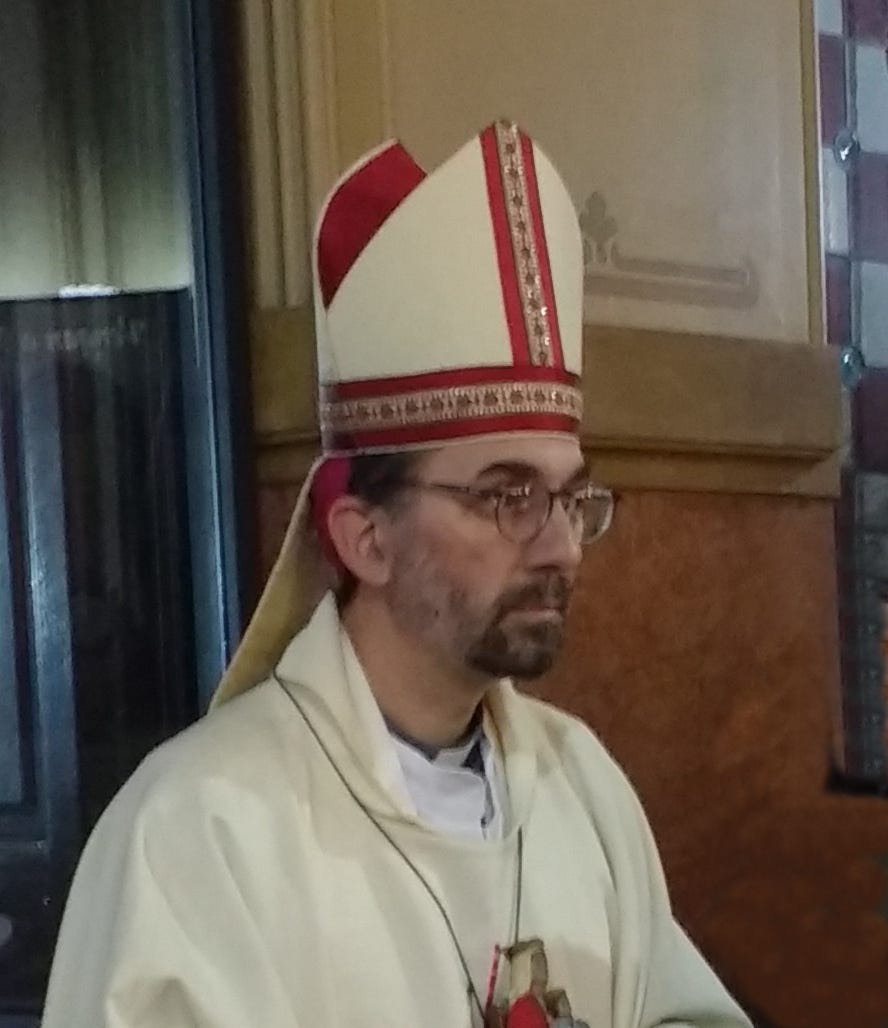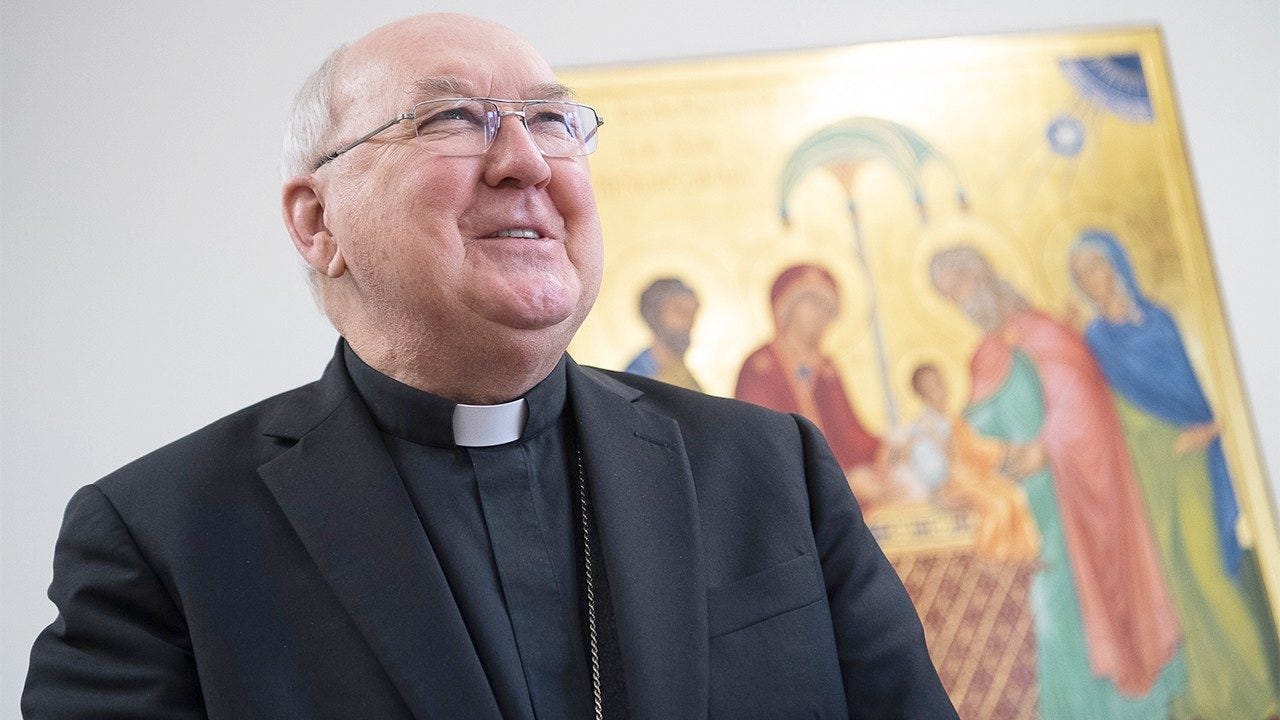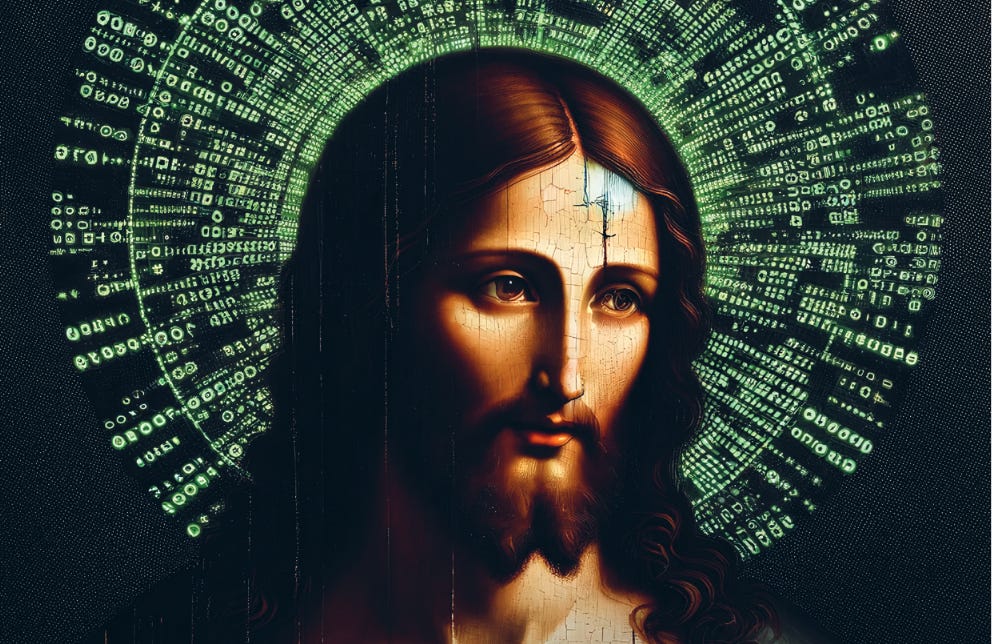Pope Francis confirmed last week the right of the Priestly Fraternity of St Peter to continue celebrating Mass according to the norms of the 1962 Missal, commonly called the Extraordinary Form.

The news, delivered by decree of the pope to the society, confirms what has been previously reported about the limits of the application of last year’s motu proprio, Traditionis custodes, which restricted the use of the old rite.
Pope Francis’ decree, dated Feb. 11 but widely reported Monday morning, grants to the FSSP “the faculty to celebrate the sacrifice of the Mass, to administer the sacraments and other sacred rites, and to perform the Divine Office, according to the typical editions of the liturgical books in force in the year 1962, that is to say the Missal, the Ritual, the Pontifical and the Roman Breviary,” according to a text published by the group.
The decree reinforces the legal limits of Traditionis custodes, which the pope promulgated last summer. The text’s implementation has become a flashpoint for controversy in some dioceses.
Among its provisions, Traditionis custodes places significant restrictions on the celebration of the Extraordinary Form in parish churches, and on the conferral upon diocesan priests the faculty to use the old Missal. But it does not restrict as significantly the use of the Extraordinary Form by members of religious institutes, including the Priestly Fraternity of St. Peter.
The pope’s Feb. 11 decree reaffirms the limited prerogative of diocesan bishops to restrict the Extraordinary Form of the Mass, even offered publicly, in churches and chapels operated by the FSSP.
The fraternity is a society of apostolic life, which consists of more than 300 priests and almost 200 men in formation for priestly orders.
The group was established by a coterie of priests who had been members of the Society of St. Pius X, a traditionalist association founded in 1970 by Archbishop Marcel Lefebvre.
When the SSPX defied a papal prohibition against consecrating new bishops, the group saw its bishops excommunicated by the Holy See in 1988. Twelve priests subsequently left the group and founded an institute of pontifical right, which would aim to preserve the Extraordinary Form of the Mass and other liturgical practices while remaining in communion with the pope and obedient to diocesan bishops.
The fraternity exercises ministry in parishes, oratories, and chapels mostly in Europe, North America, and Australia. The group oversees chapels and personal parishes in numerous American dioceses, and has customarily traveled to other U.S. dioceses to periodically offer the Extraordinary Form of the Mass. Where that takes place in ordinary territorial parish churches, it remains restricted by the norms of Traditionis custodes.
The pope’s direction to the FSSP comes after the Congregation for Divine Worship issued its own advice on the proper implementation of Traditionis, which argued in December that local bishops have minimal discretionary latitude in implementing the restrictions of Traditionis custodes.
Since it was promulgated Dec. 18, questions have been raised about the legal authority of the CDW’s direction, which came in the form of a response to questions asked by diocesan bishops. Some bishops have told The Pillar that the CDW’s text does not carry the weight of law, and is instead an overreach of the congregation’s authority.
There have been particular questions the CDW’s assertion that bishops must obtain Vatican permission before allowing newly ordained priests to offer restricted liturgical rites, which has been criticized as a departure from the texts of the Second Vatican Council’s insistence that diocesan bishops “have the sacred right and the duty before the Lord to make laws for their subjects, to pass judgment on them, and to moderate everything pertaining to the ordering of worship and the apostolate.”
The CDW’s assertions regarding Vatican permission are a departure from the originally promulgated text of Traditionis custodes itself, which said that bishops were required to consult the Vatican before permitting young priests to offer the Extraordinary Form, not to seek permission.
The pope’s Feb. 11 reiteration of the FSSP’s functional independence from the congregation’s guidance follows a similar clarification regarding the ordinariates established by the 2009 apostolic constitution Anglicanorum Coetibus, which provided personal dioceses for former members of the Anglican communion who enter into full communion with the Catholic Church.
Those ordinariates, each with their own local ordinary — in some cases a bishop and in others a priest with the governing authority of a bishop — have their own parish churches, Catholic laity, and incardinated clergy, as well as their own liturgical patrimony.
In a motu proprio restructuring the Congregation for the Doctrine of the Faith, titled Fidem servare and issued earlier this month, Pope Francis confirmed that the CDF was solely competent to address all questions regarding the life and governance of the ordinariates.
While Traditionis custodes says that bishops are not to establish new personal parishes or “groups that celebrate according to the Missal antecedent to the reform of 1970,” neither the motu proprio itself nor the Feb. 11 decree restrict the establishment of new or additional chapels or oratories administered by the Priestly Fraternity of St. Peter, which suggests that some bishops who are restricting the celebration of the Extraordinary Form in parish churches might begin permitting the establishment of chapels administered by the FSSP as alternative locations for the Extraordinary Form of the Mass.
In a Feb. 21 statement, the FSSP said it is “grateful to the Holy Father…for this confirmation of their mission. They invite all the faithful who feel close to them as a spiritual family to attend or join them in prayer at the Mass tomorrow, on the feast of the Chair of St. Peter, and to pray for the Supreme Pontiff.”



